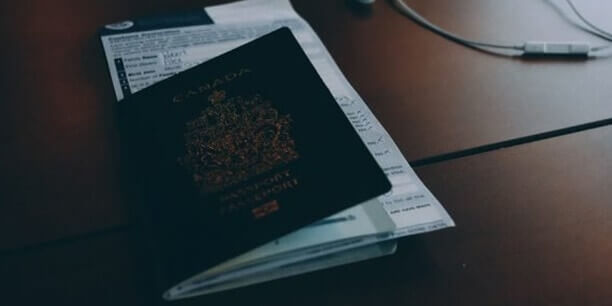
In many countries, the passport not only serves as a travel document but also a proof of citizenship, identity, age, and address. Applying for a new passport can be a tedious and expensive process depending on where you live and may require notarized documents and/or verification of identity and address proof by government officials. Small towns do not even have passport offices or consulates where you can get the passport of your country of origin. Thus the primary reason why anyone would want to keep their passport safe is probably that it would be a hassle to get a new one if it were lost or damaged.
When traveling abroad, the passport becomes a key to visiting other countries as well as returning to your home country. The official citizenship card issued by the home country is meaningless when visiting other countries. Even after you have passed through immigration, you would need your passport for getting everything from a SIM card to a hotel room in another country. When traveling for business, office building security often requires guests to handover their passports before they are given a temporary access card.
The most compelling reason for keeping a passport safe, however, is identity protection or protection from passport scams which can result in identity theft. Stolen passports may be used to make fake passports for others by changing the photo I.D. portion of the passport. Doing this would allow another person to not only use your identity for getting inside your home country but he may also accumulate debt under the same identity. Scammers may use multiple techniques to steal your passport or the information on the passports. While some might just steal it from your bag others would hatch complicated schemes for this purpose.
When traveling, carry it:
When in transit, from your home to your destination, carry it on your person at all times. Even if you have carry-on luggage, keep it in a handbag or backpack which you are likely to keep with you through your journey. This will not only keep the passport safe but also handy to produce repeatedly at check-in, immigration, baggage check, and immigration again at the destination.
Once there, carry it only when needed:
Once you are inside your accommodation in the destination country, you may not need to carry your passport everywhere. It is a good idea to keep it locked in your room/accommodation if you do not foresee any requirement to produce it during the day. If you are using the safe in your hotel room to lock it, ensure that you set the password combination to something that is difficult to guess.
Secure it when carrying:
If you are required to carry the passport with you, make sure it is in a bag that will always be with you. Also, ensure that you keep it in an inner pocket which is difficult to access. Keeping the passport in the back pocket of your trousers is not a good idea because it becomes an easy target for pickpockets and may also get damaged.
Be alert and vigilant:
Beware of people who pose as police officers or authorities and want to handle your passport. Make sure you know the rules and regulations in your destination country, to begin with. Read up to find out news about trending scams if any. Keep a copy of the passport handy and produce it in lieu of the actual passport, if absolutely necessary
Invest in a passport cover:
People can guess your country of origin just by looking at your passport. Passports of certain countries may seem more attractive to fraudsters and may be in greater demand in the black market. A passport cover would at least eliminate this initial risk of someone guessing your country of origin. Most passports these days have RFID chips embedded inside them and thieves may be able to read the information on these chips using handheld RFID scanners even when the passport is secured in a bag or under clothing. This is why RFID blocking passport covers are now available in the market.
Prepare for emergencies:
While these tips would help to keep your passport safe, it is always better to be prepared for emergencies. As soon as you get a new passport, scan it and upload it to an online drive like Google or Dropbox. Keep a copy on your phone so that you have it available even when you are offline and also share it with a friend or loved one. You may also make hard copies and distribute them in your luggage to be on the safe side. Some of these tips may seem like overkill at the moment but just like any other security measure, it is better to be safe than sorry.